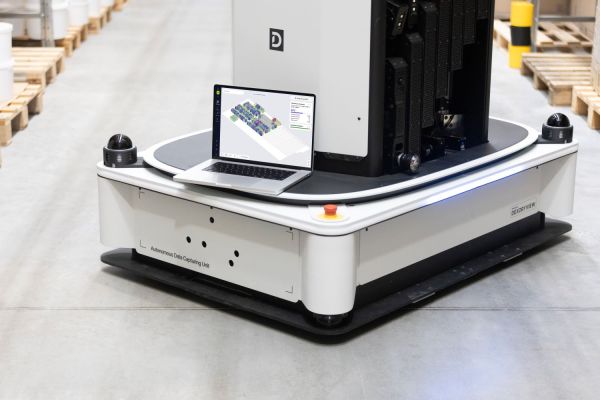What is digitisation?
In a very simplified and summarised way, digitisation is the transfer of information from a physical format to a digital environment, which is particularly relevant in the business world.
The RAE defines digitalisation concisely as “the action and effect of digitalising”, with this verb having two meanings. The first, “to record data in digital form” and the second, “to convert or encode into digits data or information of a continuous nature, such as a photographic image, a document or a book”.
Thus, an example of digitisation would be the transfer of a company’s files to the cloud, abandoning the physical storage of files, dossiers or notebooks.
But digitisation in itself does not change the organisation, but it is a step towards a different way of working. This is where digital transformation comes in.
Is digitisation the same as digital transformation?
Although they are often used as synonyms, they do not mean the same thing.
Digitalisation, as we have seen, refers to the conversion of the physical into digital, while digital transformation implies a fundamental change in the business model.
Another difference between digitisation and digital transformation is that digitisation refers to a single objective. However, digital transformation requires the entire business, including the adaptation of people, and may even require training programmes.
In other words, digitisation is the path to digital transformation, which can be summed up as: without digitisation, digital transformation would not be possible.
Advantages of digitisation
Digitalisation, like digital transformation, has a number of benefits. In many cases, as we have seen above, these are related to the digitisation of documents in small and medium-sized companies.
Some of these advantages of digitisation are the following:
- Space saving. By avoiding the physical storage of different types of documents or files, unused space can be used for other purposes. Or in certain cases, it can be used to find locations with less square metres.
- Protection of documents. The most direct physical risks (such as damp, deterioration due to the passage of time or more extreme and less likely cases such as fire or flooding) when it comes to damage to materials, disappear with storage in external memories and/or in the cloud.
- Speed of consultation. Saving time when consulting data is another of the advantages of digitisation. This is especially important in professional profiles that may have to make these queries on a recurring basis, since the time not invested in this task will be very high throughout the working day, which can also be devoted to other tasks. Thus, productivity will also be improved.
- Saving paper consumption. In an increasingly environmentally conscious world, digitisation also means a reduction in the use of paper in offices.
- Access to information. By allowing remote access to information, greater security measures can be offered, as well as knowing who can and cannot access these documents. Also in relation to this issue, one of the advantages is that it facilitates access from different locations without having to access the information remotely.
Conclusion
Although they are similar, the concepts of digitisation and digital transformation are not the same, the former referring to the conversion into digital format of what was only in physical format.
Digitisation offers a series of advantages in different areas, such as saving time, materials or storage space, improving access times to information or the possibility of obtaining it from different places, without the need to be physically located in a particular place.











